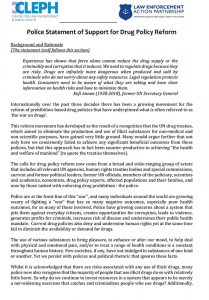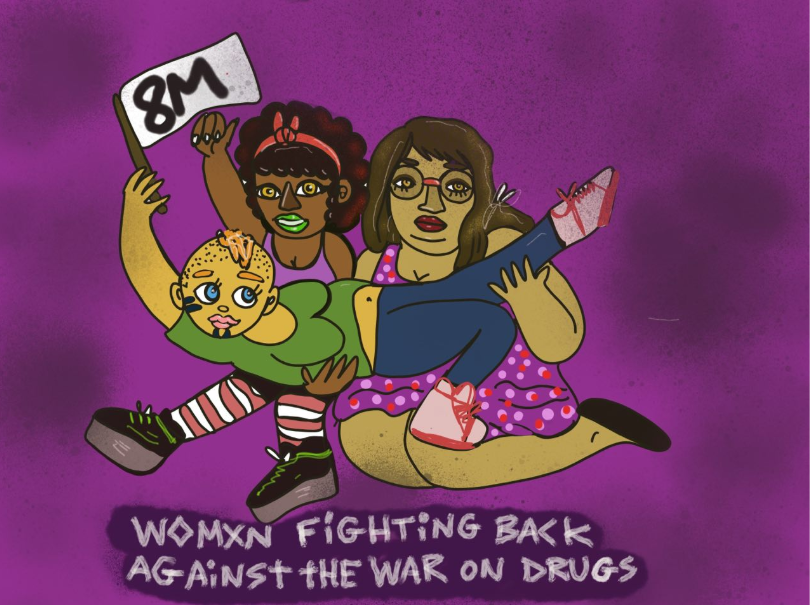The International Drug Policy Consortium (IDPC) launched today Off track: Shadow report for the mid-term review of the 2019 Ministerial Declaration on drugs – which exposes the dramatic failure of the current United Nations (UN) strategy to achieve a ‘drug-free world’ and the devastating consequences of the ‘war on drugs’ that it underpins. Released ahead of the mid-term review of the 2019 Ministerial Declaration on drugs, the report urges the international community to engage in urgent reform. Using wide-ranging data from UN, government, academic and civil society sources, the report represents the only comprehensive evaluation of global drug policy, and illustrates its system-wide collapse:
- Despite billions spent every year to curb drug markets and availability, the number of people who use drugs increased from 271 to 296 million in four years, reaching a historic record.
- The latest global estimates on drug use-related deaths reached 494,000 in 2019 alone (the latest global data available), with a surge in overdose deaths.
- The number of people executed for drug offences, in flagrant violation of international law, rose by 213% between 2019 and 2022.
- Fuelled by punitive drug laws, the number of people incarcerated worldwide rose from 10.74 million to 11.5 million between 2018 and 2023 – with more than 2 million imprisoned for drug offences.
- Globally, only one in five people with drug dependence have access to treatment.
- The shocking disparity in access to controlled medicines continues, with over 82% of the global population having access to less than 17% of the world’s morphine.

Launch of the report in the Vienna International Centre
To access the report, follow this link>>>.


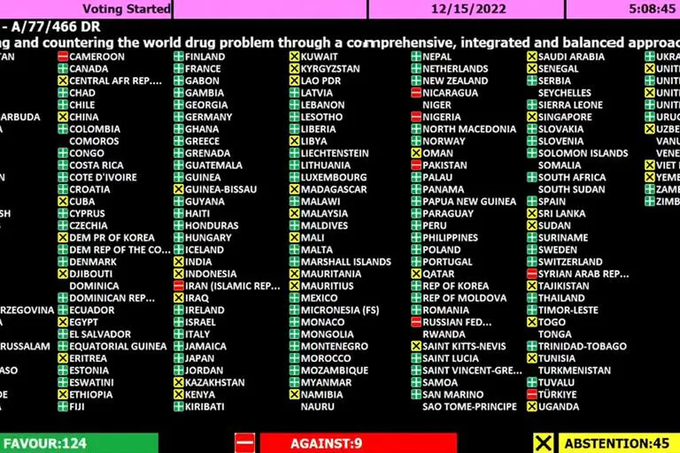
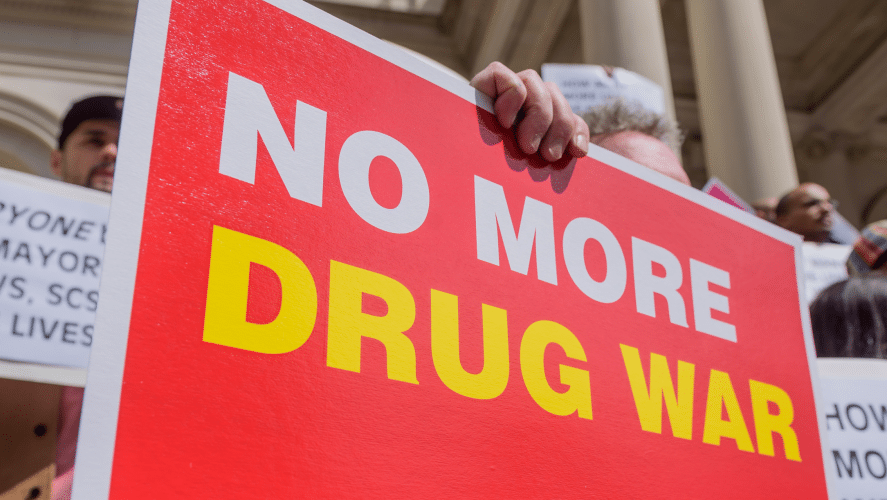

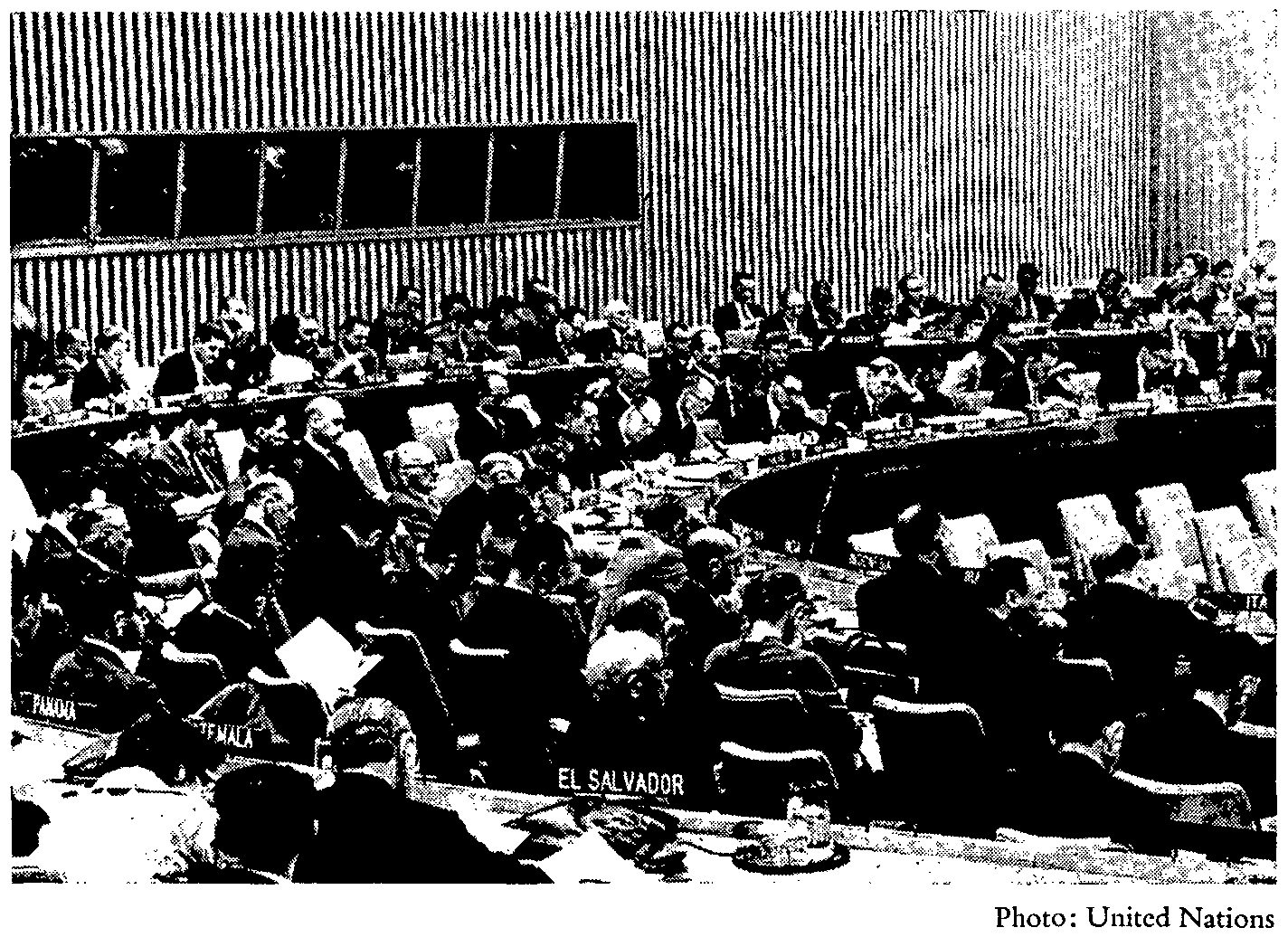
 In 1961, the Member States of the United Nations set themselves a goal to eliminate illegal opium production by 1979 and that of cannabis and coca by 1989. In 1998, they proclaimed to be ready to achieve a world without drugs within 10 years.
In 1961, the Member States of the United Nations set themselves a goal to eliminate illegal opium production by 1979 and that of cannabis and coca by 1989. In 1998, they proclaimed to be ready to achieve a world without drugs within 10 years.
 For the launch of the Global Day of Action, DPNSEE organised a “Kick-off event” to start the campaign in South East Europe. The event was held in the EU Info Centre in Belgrade, Kralja Milana 7, on 19 June 2019.
For the launch of the Global Day of Action, DPNSEE organised a “Kick-off event” to start the campaign in South East Europe. The event was held in the EU Info Centre in Belgrade, Kralja Milana 7, on 19 June 2019.



